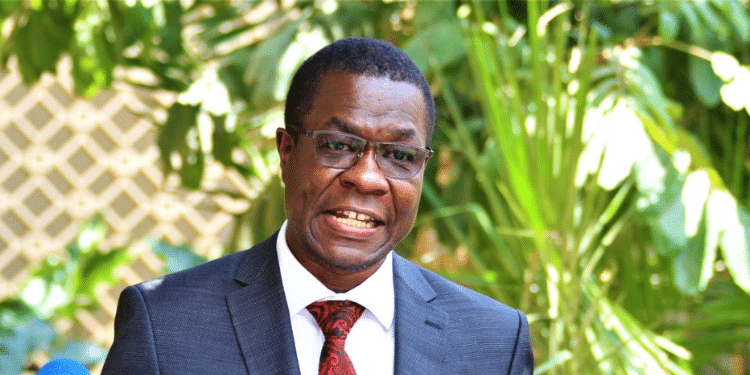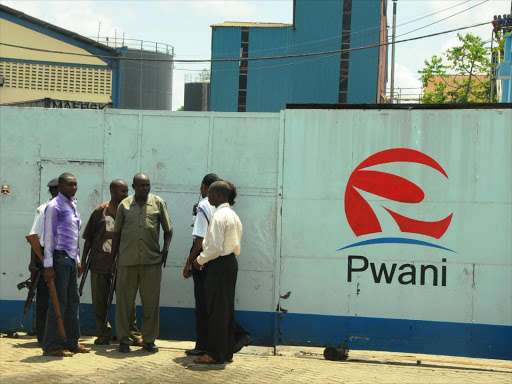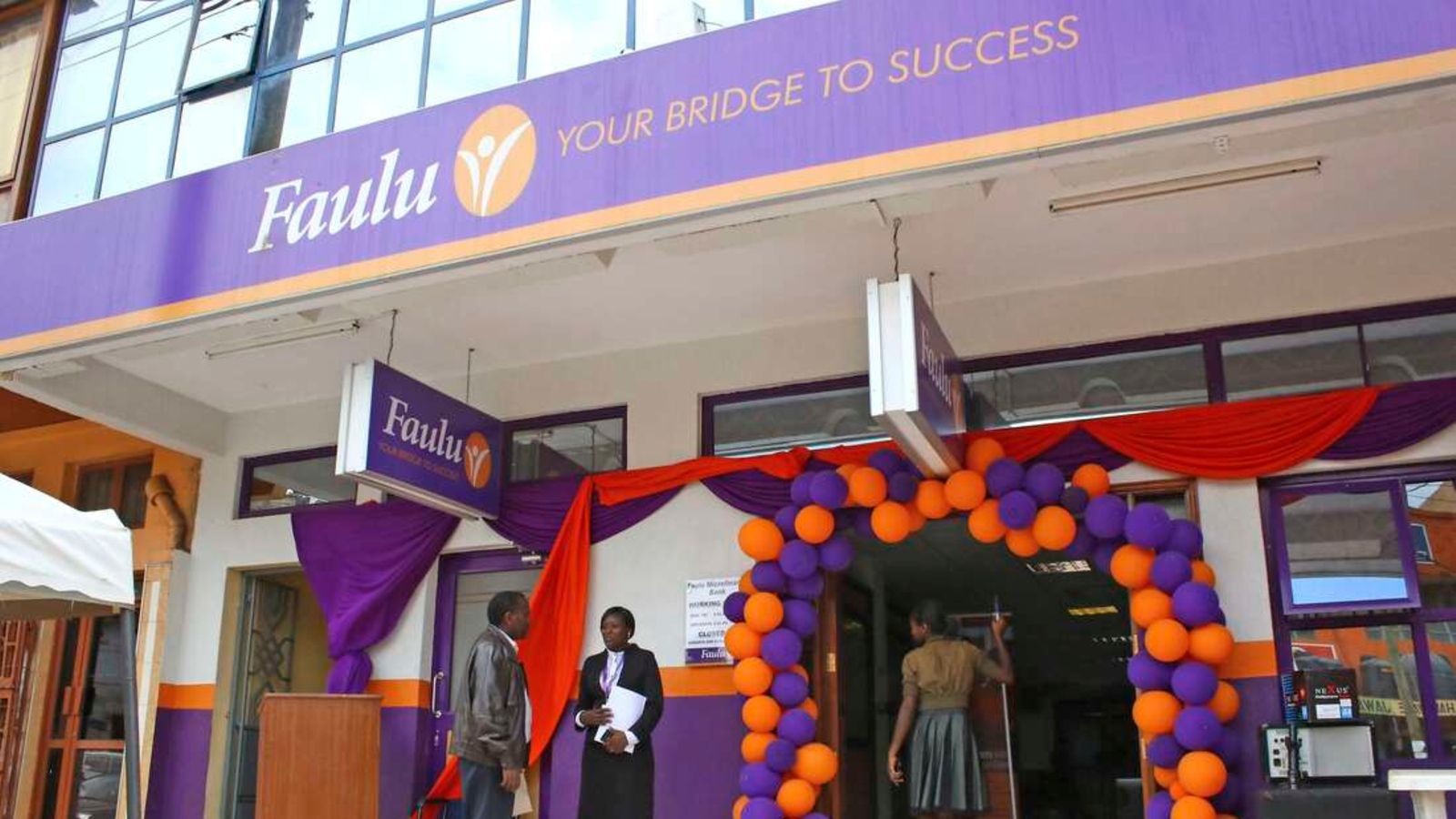The government has renewed efforts to evict squatters and illegal occupants from land owned by Kenya Petroleum Refineries Limited (KPRL) in the Port Reitz area of Mombasa County to avoid a potential risk of disaster.
Energy and Petroleum Cabinet Secretary Opiyo Wandayi announced that the eviction process will begin by targeting influential individuals who have built rental houses on the land and have been collecting rent from the so-called “squatters.” Speaking during his inaugural working tour of Mombasa, Wandayi emphasized the need to resolve this long-standing issue, describing it as a looming disaster if not addressed urgently. He stressed that the government is obligated to protect both lives and property and warned that the eviction would start with those responsible for erecting rental properties in the area.

“The continued occupation of the land poses significant risks to the residents, as their homes are located dangerously close to oil pumps and petroleum pipelines leading to Nairobi. This is extremely serious because any incident at our Kipevu facility could cause catastrophic damage, something we cannot allow to happen under our watch,” Wandayi stated during a press briefing at the KPRL facility, which is currently in the process of merging with the Kenya Pipeline Company (KPC).
Wandayi described the situation as a ticking time bomb, expressing concern that if anything were to happen, the damage would be extensive, with KPRL storage facilities and surrounding areas potentially going up in flames. Aware of a court order requiring the squatters to vacate, Wandayi said the government would first attempt a peaceful resolution by working with the Mombasa County government, local political leaders, and the Ministry of Energy and Petroleum to facilitate the eviction.
“However, if negotiations fail, the government has a moral and legal duty to ensure the area is cleared to protect lives and safeguard this strategic national facility. The true culprits are not the small-scale squatters but the wealthy individuals who have constructed rental houses on the land. These landlords have the means to relocate and continue their businesses elsewhere, so we will start with them. If you are a landlord on this land, take note,” Wandayi warned.
In 2013, KPRL won a case against the squatters when Mombasa High Court Judge Maureen Odero ruled that the squatters had illegally occupied the land and ordered them to vacate. The judge raised safety concerns, noting that the squatters’ activities, such as cultivation, construction, and burial of relatives, could interfere with the pipelines, which carry crude oil, refined oil, and gas from Port Reitz to Changamwe.
Wandayi also confirmed that the merger between KPC and KPRL is nearing completion but reiterated that the government has no plans to revive the oil refinery business, citing that it is more economical to import refined oil than to refine it locally.
“This amalgamation is part of our strategy to expand KPC’s capacity to handle more products. The Rwandan market will soon return to us, and we currently serve Uganda, the DRC, and parts of South Sudan, so increasing our capacity is crucial,” the CS said.
Wandayi also downplayed recent reports of a jet fuel shortage, explaining that the issue was a minor technical problem with a pump that had been resolved. Earlier, several flights at Jomo Kenyatta International Airport (JKIA) were delayed due to an alleged fuel supply issue. Both Kenya Airways (KQ) and Jambojet issued statements apologizing for the disruptions to local and international flights.
KQ attributed the delays to maintenance on the fuel hydrants, while Jambojet cancelled several flights from JKIA to Mombasa as a result of the fuel issue. Both airlines reassured passengers that efforts were underway to restore normal operations.





